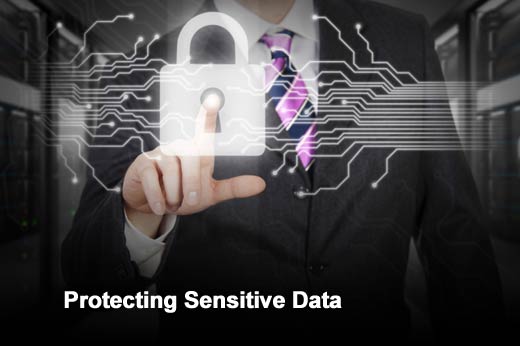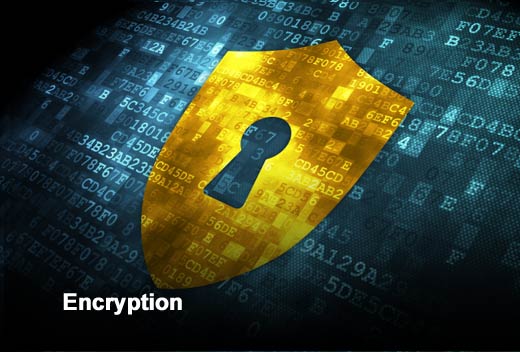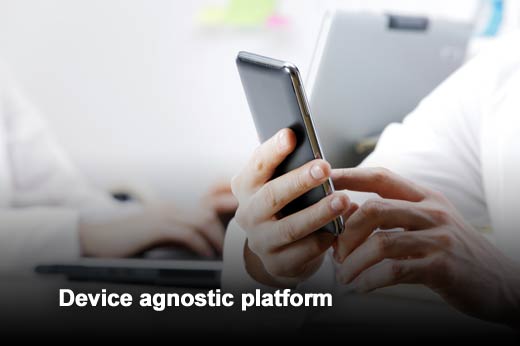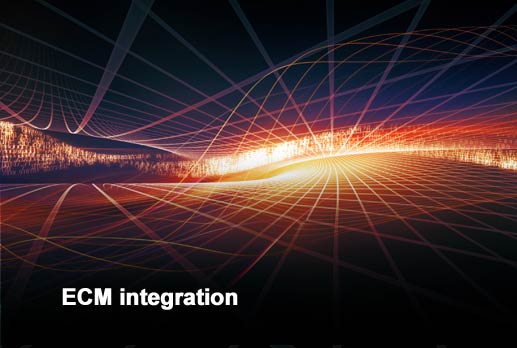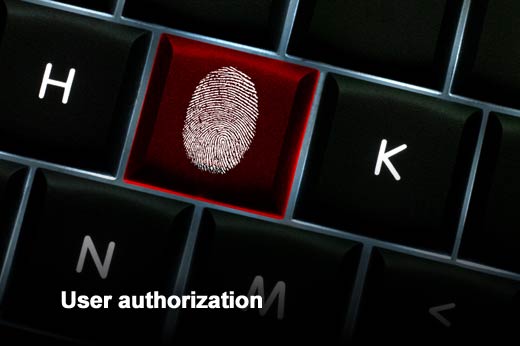Data leaks are a growing problem for businesses of all sizes. More and more information is being shared, stored and accessed through a multitude of devices, which increases the odds of data leaks or breaches. These breaches can be detrimental to a company’s bottom line as sensitive information can impact stock price and brand value, in addition to possibly subjecting the company to regulatory fines. In this slideshow, Accellion, Inc., a mobile solution provider, outlines a number of ways that companies can guard their intellectual property, personnel files and sales contracts from being inadvertently leaked into the digital atmosphere.
Accellion, Inc. is an award-winning private company that provides mobile solutions to enterprise organizations to enable increased business productivity while ensuring security and compliance. As the leading provider of private cloud solutions for secure file sharing, Accellion offers enterprise organizations the scalability, flexibility, control and security to enable a mobile workforce with the tools they need to create, access and share information securely, wherever work takes them.
Click through for eight ways companies can guard their intellectual property, personnel files and sales contracts from being leaked into the digital atmosphere, as identified by Accellion.
Employee education
Often leaks occur because employees are unaware that the way they manage files is unsecure. Employees need to be trained on how to securely manage sensitive data, and then receive regular updates as new policies or solutions are put in place.
End-user experience
If IT teams don’t provision an easy-to-use, authorized solution for file sharing or data management, tech-savvy employees will go out and find their own, often in the form of a free, unsecure, consumer-grade option. Businesses need to provide tools to make sure employees are both secure and productive, rather than choosing one over the other.
Encryption
Data needs the strongest levels of encryption both in transit and at rest, to ensure that even if there is a leak, the integrity of the data is not endangered. Additionally, the company should manage encryption keys internally, rather than let a third-party vendor hold them, to enhance data security.
Private cloud
By utilizing private cloud technology, a company retains control over its data, while still providing employees the benefit of flexible workflows and remote access. With private cloud solutions, businesses will never worry that their data is accidentally being mixed with another company that shares the same cloud storage server, or that a third-party vendor will inadvertently expose their information.
Device agnostic platform
Professionals are relying on mobile devices more than ever, and to protect sensitive business materials, organizations need to ensure that data is protected no matter what device is accessing the information. Choose a solution that is device agnostic, to avoid data leaks.
ECM integration
Most companies have proprietary data stored in established enterprise content management (ECM) systems, but many do not have easy accessibility via mobile devices or while working remotely. By implementing a solution that securely integrates with established systems, companies can decrease employee temptation to utilize a consumer-grade solution to share data on their mobile devices.
User authorization
To decrease the likelihood of data leaks, companies should implement solutions that only allow authorized users to access data. This can be done through LDAP or Active Directory, and allows enterprises to integrate established user authorization and access policies into a new file sharing or collaboration system.
Tracking and reporting
In the event that there is a leak, it’s important to know who sent the information, and to whom. Choose file sharing and collaboration solutions that have automated tracking and reporting functions, so enterprises can audit sharing information and monitor data access.


